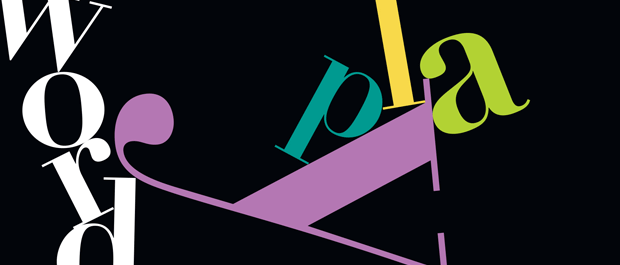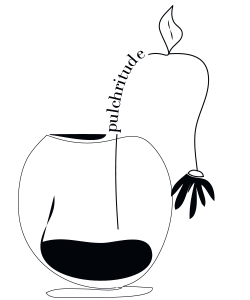Our native tongue is beautiful and expressive, even if it’s not technically one of the world’s Romance languages. English is, by category, a West Germanic language, and German itself is—at least to our ears—a guttural, aggressive array of dense consonant clusters and fricatives and glottal stops. Like our linguistic cousins, we may lack the flowing poetry of Italian or French, but over time English has inherited the entire world; as anyone who watches the annual Scripps-Howard spelling bee knows, our dictionary boasts diverse origins. Language may be the most inclusive aspect of our modern society, in fact, because our adoption of new words is largely unconscious.
I love almost every word, from longer conceptual gems like “transcendence” and “ethereal” to short, blunt instruments of outrage and abuse, like…well, like any four-letter word you can imagine. English is limitless—it can never be mastered, or memorized, but it has endless variety.
If you want to talk about something that happens at sunset, you have a range of words at your disposal, from the simple “dusk” to the mystic “gloaming” to the arcane “crepuscule.” We have words that die, and we have words that are newborn, like Michael Chabon’s “aetataureate” (of or pertaining to a golden age), or Stephen Colbert’s “truthiness” (the quality of seeming to be true, even if not actually true). We have words that have been utterly transformed (when was the last time you used “audition” to mean “the power of hearing”?), and we have words that badly need to be revived (I can’t be the only one who wishes cowards were still called “poltroons,” or that a woman who could see the future were a “pythoness”).
In short, we are rich with words, and even the bad ones are great, in their own terrible ways. But there is one exception—a word so misshapen, so awkward, and so ill-suited to its meaning, that it stands out like a cruel anomalous joke in an otherwise perfect system.
That word is “pulchritude.”
As far as I’ve been able to tell, there is no uglier word in the entire English language. Speaking the word aloud is an arduous journey with no reward—your mouth will make the same shape as it does when you’ve tasted a strawberry whose underside was covered with mold. Reading the word is almost as bad, since each of its component syllables is a grisly microcosm of the whole. “Pulk” is a decaying vase of bile in an abandoned cellar. “Krit” is the malodorous black flower that wilts over the edge. “Tyood” is the last corrupted petal, falling to the bare floor, where it will spawn the tree that poisons the earth.
In a perfect world, “pulchritude” would be a catch-all description for something so obscene, something so far beyond our conception of evil and apocalypse, that it never actually occurred, and therefore the word itself vanished into the mists of history, there to languish for eternity without resurrection.
In our imperfect world, “pulchritude” means physical beauty. Which is proof, as if we needed it, that irony is a monster.
Originally from Latin, pulchritude first appeared in Middle English in the fifteenth century, and claims offshoots like “pulchrous,” “pulchrify,” “pulchritudinous,” and the gratuitous synonym “pulchritudeness.” It simply will not die—it has lately appeared on TV shows Bones and The West Wing, as well as in an Anne Rice novel, a jazz song, and many syndicated crossword puzzles. Wisconsin basketball player Nigel Hayes used it on Twitter once, which makes it even sweeter that Duke beat his team for the national title in 2015. Coach K wouldn’t be caught dead with that foul word on his lips.
“Pulchritude” as “beauty” is a bad cosmic joke, obviously crafted by a cruel god. Think of everything you’ve ever loved to look upon, from the human form to a breathtaking landscape to a favorite piece of art. Each one of these could be described with the word “pulchritude,” and to me, that’s a small linguistic tragedy.
Ryan ’05 writes for Paste Magazine and is the author of the New York Times bestseller Slaying the Tiger. He lives in Durham with his wife Emily.


Share your comments
Have an account?
Sign in to commentNo Account?
Email the editor